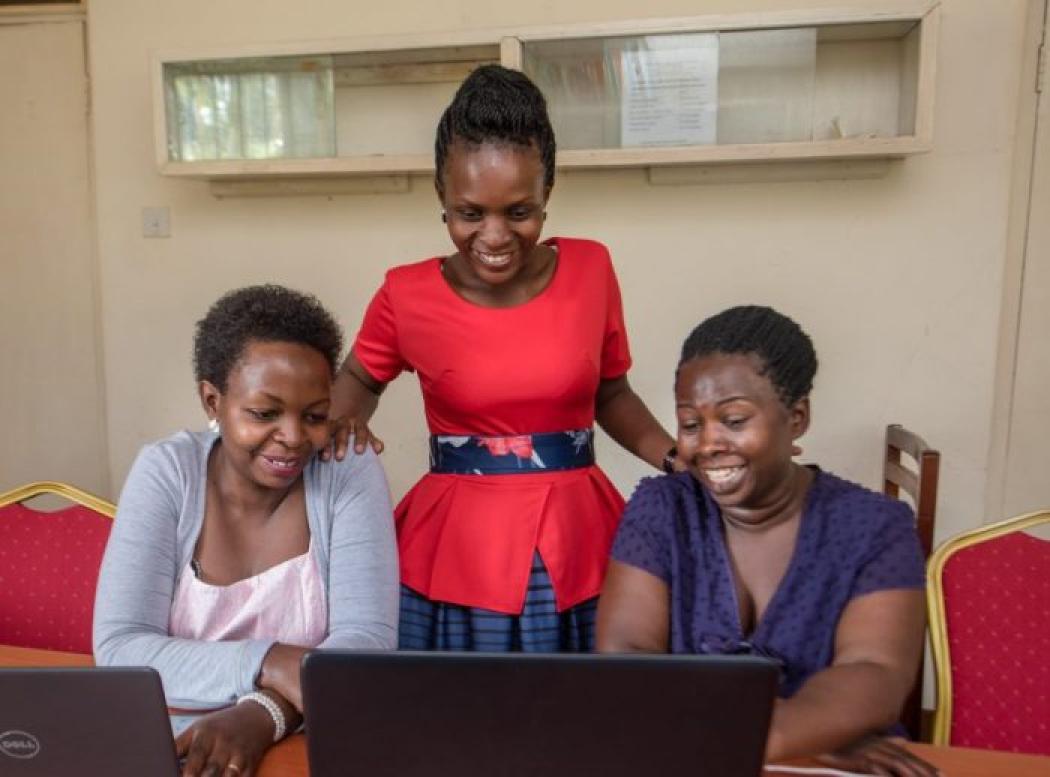Women of Action: The “Force” in the Global Health Workforce

By Dr. Vanessa Kerry, CEO, Seed Global Health
She is a nurse. She is midwife. She is a surgeon.
She is essential to the healthcare care we receive.
The role women play in the health workforce globally – and here at home – cannot be overstated. Their action, their passion and their dedication to their practice often can be the difference between life and death for millions of people around the world every day. They are a force of their own, working sometimes in the extraordinarily difficult conditions: crisis areas, resource-depleted clinics, and cultures where they are asked to save lives but giving little respect. And women in the health workforce typically earn less than their male counterparts — and in some cases, they earn little or nothing at all.
The statistics are well-known and often-cited. More than 70 percent of the global health workforce are women. Women’s contribution to global GDP is estimated at nearly $3 trillion, yet more than half of their work is unpaid, uncompensated and unrecognized by the formal workforce. And despite the monumental role they play on the front lines of care, women are still woefully underrepresented in health care leadership in virtually every country around the world.
In the United States, women hold only 26 percent of hospital CEO positions, even though we make up 78 percent of the health workforce. In the United Kingdom, women comprise only 37 percent of leadership roles in the health sector. Globally, the gender gap is persistent in the highest ranks of health care leadership: as recently as 2015, only 23 percent of Chief Delegates at the World Health Assembly were women.
Change is slow, but it can, and will happen. Awareness helps — and at last, women and men alike speaking out about the need for change at the top. Groups like Women in Global Health and the Frontline Health Workers Coalition are leading an important conversation in empowering more women to take on leadership roles.
But more important is action. As women in the health workforce, we are used to being in roles where decisive action is necessary. In and outside of the clinic, we are the “do-ers” of the world. Without women, health care simply wouldn’t function. We make tough choices, and we make many from the often too-few resources we have in our profession.
Now we must take action to encourage investments in leadership development, placement, and support so that women continue increasing our share of leadership roles across the health sector globally. When the perspectives of women are represented in the highest levels of leadership, women and families receiving care on the front lines will be better served, and more lives will be saved.
At Seed Global Health, teaching and training the next generation of doctors, nurses and midwives is at the heart of what we do. And very often, women are serving as our clinical educators, women are our local counterparts in country, and women are the future educators and providers whose capacity we help build. We recognize that we can play a unique part in filling the gender gap at the leadership level by providing female health workers with skills-based training, with mentorship, and with a vision of what is possible – all of which will enable women to lead in health care for generations to come, providing lasting impact.
International Women’s Day is a day not just for awareness, but action. Join us — and stand shoulder to shoulder with the women on the front lines who are the true “force” behind the global health workforce.
